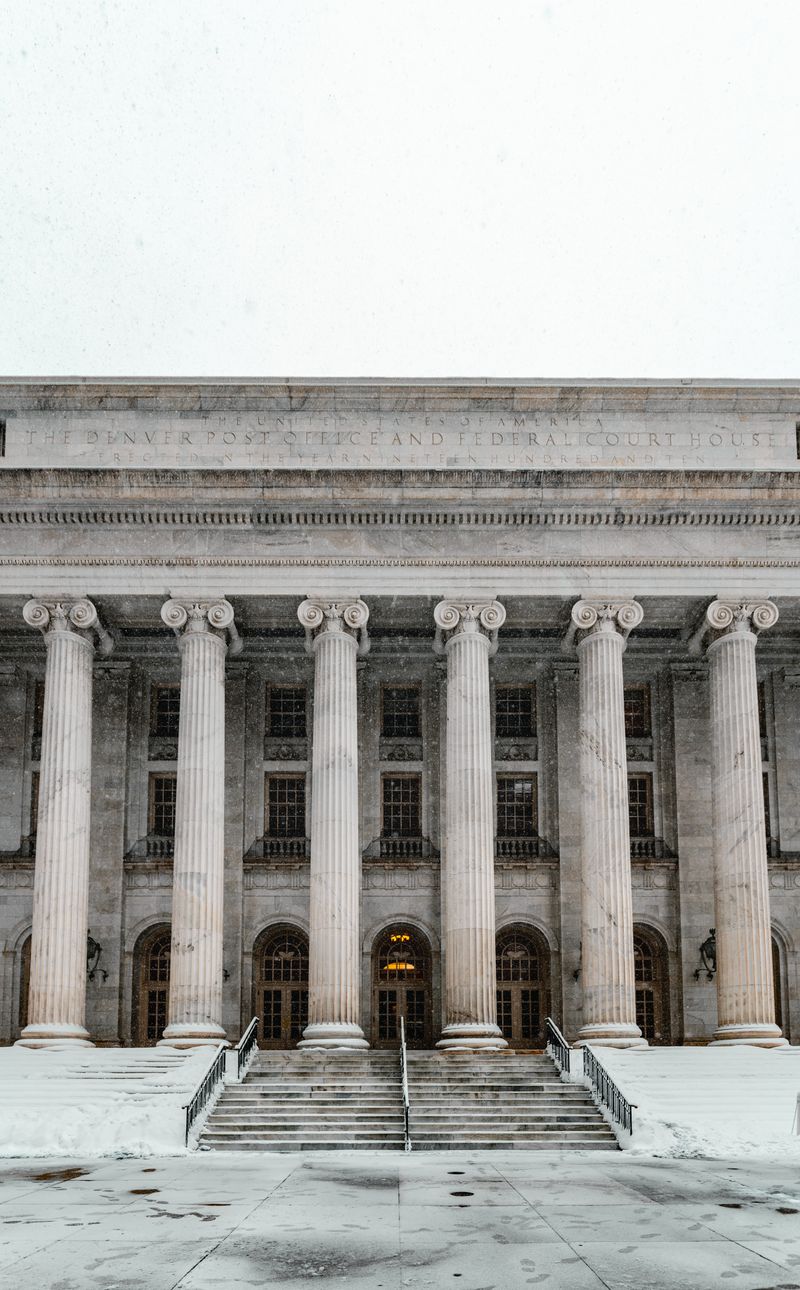Congresswoman Norton Introduces Bill to Exempt D.C. Agencies from Federal Shutdowns
Background
Congresswoman Eleanor Holmes Norton, a Democrat representing the District of Columbia, has reintroduced a bill that seeks to exempt certain agencies in D.C. from federal government shutdowns. The bill aims to protect agencies that have jurisdiction over District of Columbia matters and are funded by the federal government but are not under the control of the District.
The agencies included in the bill are the Court Services and Offender Supervision Agency for D.C., D.C. Courts, D.C. Public Defender Service, D.C. Commission on Judicial Disabilities and Tenure, D.C. Judicial Nomination Commission, and the D.C. Criminal Justice Coordinating Council. These agencies, according to Norton, focus exclusively on local matters and should be allowed to operate unhindered during federal government shutdowns.
Justification and Implications
Congresswoman Norton argues that these agencies play a crucial role in providing criminal and civil justice services to the District of Columbia and that their work should not be disrupted due to federal shutdowns. She emphasizes that the District is essentially a bystander to the federal issues that lead to government shutdowns and should not be caught up in the related disputes.
Norton points out that since the 2013 federal government shutdown, she has successfully secured provisions each year to exempt the D.C. government from federal shutdowns. This bill, modeled after those provisions, seeks to extend the exemption to the specific agencies mentioned.
The implications of exempting these agencies from federal shutdowns are twofold. First, it ensures continuity of critical services to the District’s residents, particularly in the realm of criminal justice. Shutdowns can lead to canceled services and furloughs for employees, adversely affecting the functioning of these agencies and potentially compromising public safety. Granting the exemption would alleviate these concerns.
Second, it raises philosophical questions about the relationship between the federal government and the District of Columbia. Norton‘s bill highlights the unique position of the District, which is not a state and lacks full representation in Congress. By exempting these agencies that work exclusively on local matters, the bill underscores the distinctive nature of D.C.’s governance and its need for separate consideration during federal shutdowns.
Editorial and Advice
The proposal put forward by Congresswoman Norton raises important questions about the fairness of subjecting agencies that exclusively handle local matters in D.C. to the disruptions caused by federal government shutdowns. It is hard to justify the interruption of crucial services like law enforcement and judicial functions that directly impact the safety and well-being of D.C. residents.
Granting the exemption to these agencies seems not only fair but also necessary to ensure the smooth functioning of local government operations. Considering the positive precedent set by exempting the D.C. government itself from federal shutdowns since 2013, it is consistent to extend the same exemption to these agencies.
However, it is worth noting that granting such an exemption might be seen as creating a separate status for D.C. within the federal system, potentially fueling debates about the broader issue of statehood for the District. Advocates for D.C. statehood argue that the lack of representation in Congress and the unique relationship between the federal government and the District necessitate a formal statehood status.
In light of this, it is important for lawmakers who support Norton‘s bill to carefully consider the larger implications. While exempting D.C. agencies from federal shutdowns may be a sensible and necessary step, it should also serve as a reminder of the underlying issues surrounding D.C.’s governance and the need for a more comprehensive resolution.
Ultimately, Congress must weigh the immediate practical concerns of protecting critical services in the District against the broader philosophical questions the bill raises. Striking the right balance will be essential to ensure the well-being and rights of D.C. residents while addressing the systemic challenges and aspirations of the District.

<< photo by Tingey Injury Law Firm >>
The image is for illustrative purposes only and does not depict the actual situation.
You might want to read !
- American Bully XL Owners Share Heartbreak Amid Ban on the Breed
- The Emotional Toll: American Bully XL Owners Share Heartbreak Amidst Ban
- The Battle for the Heartland: How to Watch Iowa Hawkeyes vs. Iowa State Cyclones
- Rolling Stone Founder Jann Wenner Issues Apology for Controversial Remarks
- Monday Night Football: Analyzing the Odds and Making a Predictive Call on Steelers vs. Browns
- The Rise of Mac Jones: Debunking the Blame Game
- Circle’s Asia Expansion Takes Off Amidst SEC Scrutiny of Mila Kunis and Stoner Cats
- The Future of Golf Coverage: How to Watch the 2023 BMW Championship Live
- Rampage in the Shadows: Tragedy Strikes Auckland Ahead of World Cup
- Canada-India Diplomatic Spat Escalates: A Closer Look at Expelled Diplomats
- Why the UEFA Champions League is Back and Here to Stay: Five Must-Watch Matches!
- Debating the Allegations: Understanding the Controversy Surrounding Lauren Boebert’s Theater Groping Incident
- The Ambiguous Affair of Lauren Boebert: A Theatrical Tale
- Breaking Down the Bold Predictions and Top Picks for the 2023-24 UEFA Champions League




